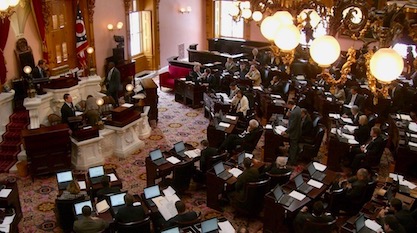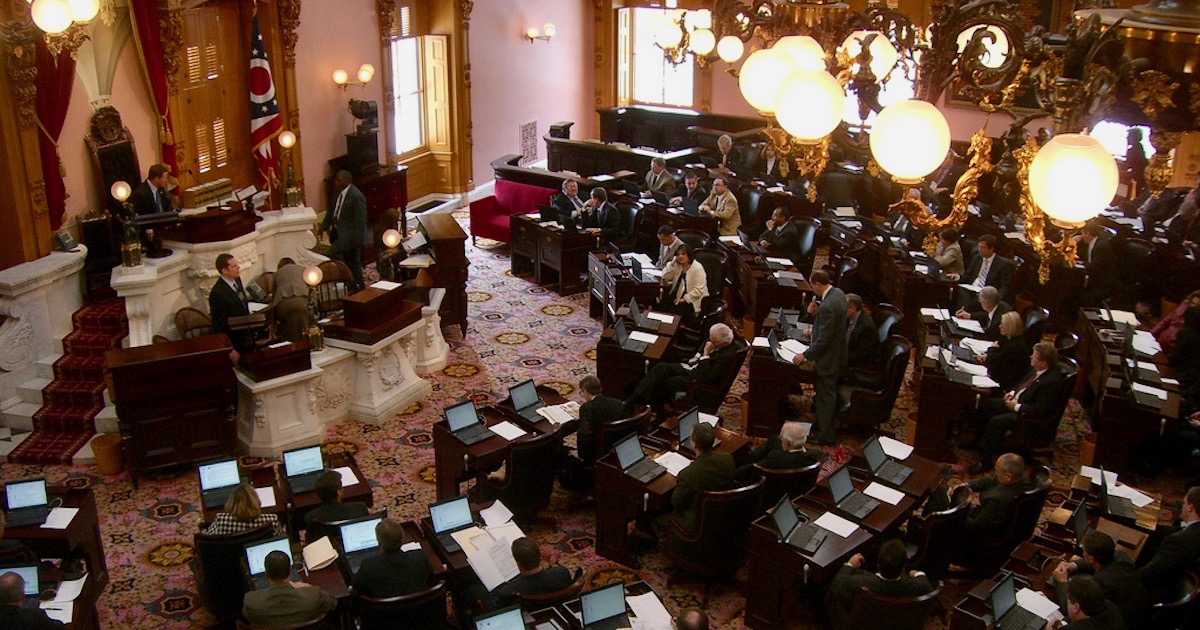 Education
Education
 Free Speech
Free Speech
Fact and Fiction: Ohio Bill Stirs Needless Alarm


Lately, media sources have sported provocative headlines about a bill in Ohio. The Washington Post asks: “Does the bill just passed by the Ohio House allow students to be wrong in science class without penalty if they cite religious reasons?” Meanwhile the Columbus Dispatch worries: “Science Deniers Get Boost from Proposed Ohio House Bill.”
The actual legislation, I’m afraid, is much less dramatic.
This proposed law largely echoes the U.S. Constitution’s First Amendment on free speech (including on religious matters). Here’s the part that has received the most media attention:
Sec. 3320.03. No school district board of education, governing authority of a community school established under Chapter 3314. of the Revised Code, governing body of a STEM school established under Chapter 3326. of the Revised Code, or board of trustees of a college-preparatory boarding school established under Chapter 3328. of the Revised Code shall prohibit a student from engaging in religious expression in the completion of homework, artwork, or other written or oral assignments. Assignment grades and scores shall be calculated using ordinary academic standards of substance and relevance, including any legitimate pedagogical concerns, and shall not penalize or reward a student based on the religious content of a student’s work.
Note that it limits students to working within “ordinary academic standards of substance and relevance.” So it’s not likely students can use their religious beliefs as an excuse to bypass the curriculum. The sponsor, Rep. Timothy Ginter, told local news outlet WKRC that “Under House Bill 164, a Christian or Jewish student would not be able to say my religious texts teach me that the world is 6,000 years old, so I don’t have to answer this question. They’re still going to be tested in the class and they cannot ignore the class material.”
A Worthwhile Endeavor
The bill doesn’t address the pedagogical issue we deal with at Discovery Institute, which is that students should learn the scientific strengths and weaknesses of evolution. (See here for our Science Education Policy.) Affirming the protections guaranteed by the First Amendment is great, but we are looking for teachers and students to analyze and evaluate the scientific controversy over chemical and biological evolution found in peer-reviewed science publications.
That having been said, this legislation indicates a willingness by the Ohio House to support diverse students. And that to me is a worthwhile endeavor.
Photo: Ohio House of Representatives, by Joshua Rothaas via Wikimedia Commons.
